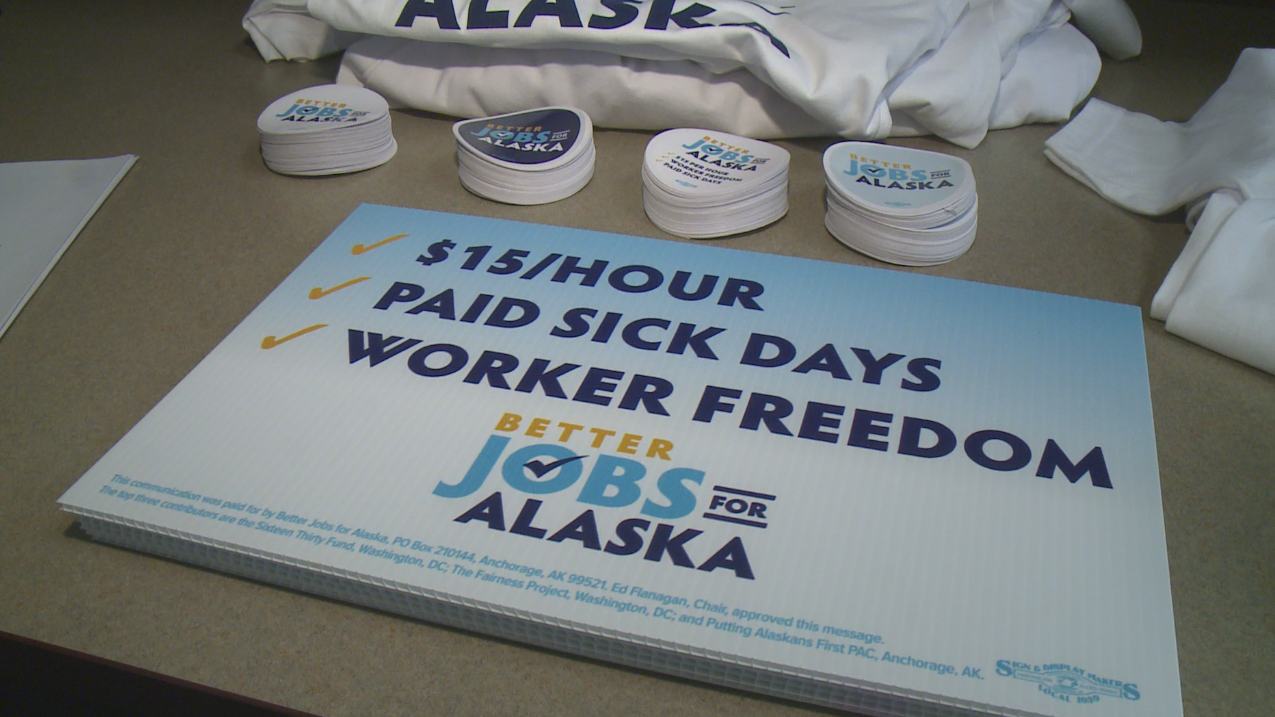Many organizations still fall prey to common time and attendance mistakes, which can lead to costly lawsuits. Accurate time and attendance tracking is crucial for employers and employees to ensure compliance with labor laws and maintain a fair working environment. Here are the top five mistakes that employers should avoid:
1. Misclassifying Employees
Exempt vs. Non-Exempt Employees: One of the most common mistakes is misclassifying employees as exempt or non-exempt under the Fair Labor Standards Act (FLSA). Exempt employees are not entitled to overtime pay, while non-exempt employees are. Misclassifying a non-exempt employee as exempt can lead to lawsuits for unpaid overtime.
Independent Contractors vs. Employees: Misclassifying employees as independent contractors to avoid paying benefits and overtime can also result in significant legal repercussions. Employers must accurately assess the nature of the working relationship and classify it accordingly.
2. Failing to Pay Overtime Properly
Overtime Calculation Errors: Improper overtime pay calculation is a common issue. Non-exempt employees are entitled to one and a half times their regular pay for hours worked beyond 40 in a workweek. States and municipalities may have additional regulations. Errors in calculating the regular rate of pay for blended overtime, including bonuses and commissions, can lead to lawsuits.
Unauthorized Overtime: Employers may mistakenly refuse to pay employees for unauthorized overtime hours. Regardless of whether the overtime was approved, employers are still legally obligated to pay for all hours worked.
3. Inaccurate Record Keeping
Incomplete Time Records: Inadequate time tracking and record-keeping can lead to disputes over hours worked. Employers must maintain accurate and detailed records of hours worked, including start and end times, meal breaks, and overtime.
Altering Time Records: Altering employee time records to reduce hours or avoid paying overtime is illegal and can lead to serious legal consequences. Employers should ensure that all time records are accurate and unaltered. If there is an alteration, the reason must be noted and maintained in the file.
4. Not Providing Required Breaks
Meal and Rest Break Violations: Many states and municipalities have specific laws regarding meal and rest breaks for employees, with California being the most stringent. Failing to provide these required breaks or not compensating employees for missed breaks can lead to lawsuits. Employers should be familiar with and adhere to state-specific regulations.
On-Duty Meal Periods: Forcing employees to work during meal breaks without proper compensation is another common mistake. Employees must be fully relieved of duties during their meal periods or be compensated accordingly.
5. Off-the-Clock Work
Pre- and Post-Shift Activities: Requiring employees to perform tasks before clocking in or after clocking out, such as setting up equipment, changing into proper attire, or attending meetings without compensating them, is a violation of labor laws. All work-related activities should be included in paid hours.
Checking Emails and Calls: Expecting employees to respond to emails or calls outside their regular working hours without compensation is another common oversight. Employers should establish clear policies regarding work-related communications outside of scheduled hours and ensure proper compensation.
Preventing Time and Attendance Potential Lawsuits
To avoid these common time and attendance mistakes and the potential lawsuits that follow, employers should:
- Implement Accurate Time Tracking Systems: Utilize reliable and automated time tracking systems to record all work hours accurately, including overtime and breaks.
- Regularly Review and Update Policies: Stay informed about federal and state labor laws and review and update company policies to ensure compliance.
- Train Managers and Supervisors: Educate managers and supervisors on proper time and attendance practices, including the importance of accurate record-keeping and compliance with labor laws.
- Conduct Internal Audits: Periodically conduct internal audits of time and attendance records to identify and correct any discrepancies or potential issues.
- Seek Legal Counsel: Consult with legal experts to ensure that all time and attendance policies comply with current labor laws and proactively address potential issues.
By understanding and addressing these common time and attendance mistakes, employers can create a fair and compliant workplace, reducing the risk of costly lawsuits.
How We Can Help
Time Equipment Company’s workforce management system helps your organization become more efficient and improve productivity while staying compliant. Our system uses one of the most advanced systems to ensure that complex time and attendance calculations, like blended overtime, are correct. In addition, it can warn employers about potential meal and rest break violations and give the proper compensation, if necessary.
For more information, contact Time Equipment Company at sales@timeequipment.com or 800-997-8463.










